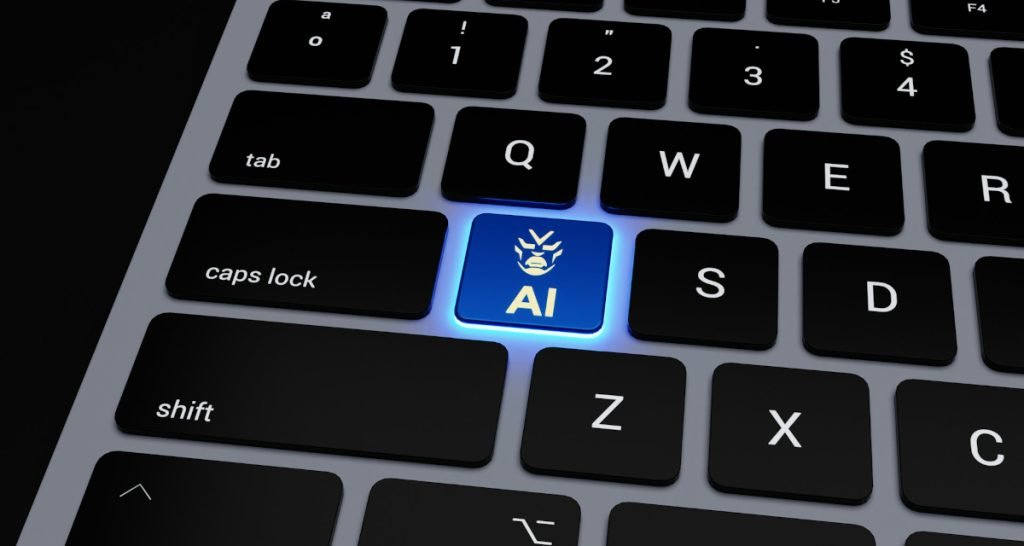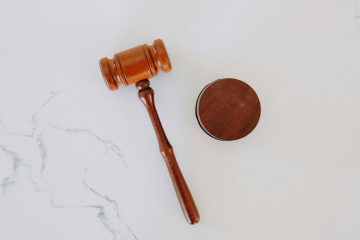
Suno and Udio Challenge RIAA Copyright Lawsuits, Defend AI Training as Fair Use
AI music platforms Suno and Udio have responded to copyright infringement lawsuits from major record labels, defending their use of copyrighted recordings for AI training purposes.
Key points from their defense:
- Both companies openly acknowledge using copyrighted recordings for AI training
- They argue this use qualifies as fair use under copyright law
- The companies claim their AI outputs create new works rather than direct copies
- Training process focuses on "building blocks of music" rather than copying specific recordings
Their main legal arguments:
- Back-end copying for training is permissible when creating non-infringing new products
- Soundalike outputs are legal as long as they don't contain actual snippets of original recordings
- No one owns musical styles or basic musical elements

Glowing AI key on keyboard
The RIAA's response:
- Criticizes the companies' admission of "massive unlicensed copying"
- Argues this doesn't qualify as fair use
- States companies should obtain consent before using copyrighted works
- References the Supreme Court's Warhol Foundation case as precedent
Additional context:
- Udio faces litigation in New York federal court
- Suno faces a separate but similar case in Massachusetts
- Both companies argue the major labels are resisting innovation and displaying anticompetitive behavior
- Several AI companies have already obtained proper licensing for similar services
The outcome of these cases could set important precedents for AI training and creative AI outputs in the music industry.

Gavel in courtroom

Digital brain with circuit patterns

Digital brain with circuit patterns
Related Articles
Is YSL a Street Gang or Record Label? The Truth About Young Stoner Life

